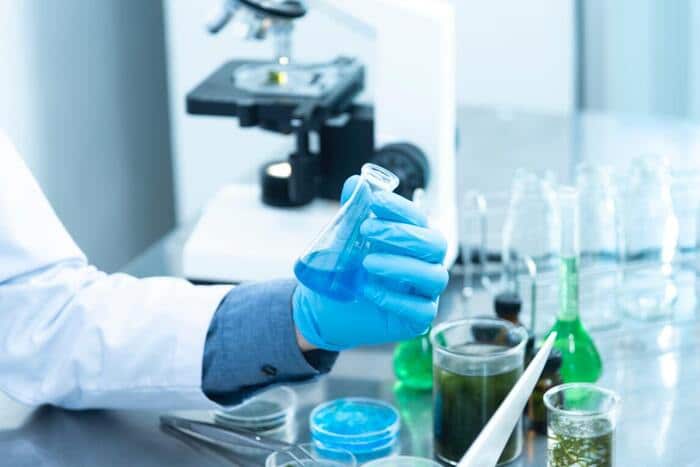An ounce of prevention is worth a pound of cure

Our body has its own defense force. It has its own chain of command. The immune system is what prevents you from getting sick, by fighting the disease-causing germs. The immune system is made up of cells and antibodies that are like the army, air force and navy of our body. When a germ enters our body, the immune system attacks and destroys the germs so that we don’t get sick. The Study of this complex but fascinating field of study is called immunology.
Plan ahead:
Doctors use vaccines to prepare our body to fight infections. Vaccines are shots that we get at the doctor’s office. Vaccines prepare our body from getting sick from the infection. Many diseases are germs like viruses, bacteria, yeasts etc., cause and spreads diseases in the community. Most vaccines protect us from viral infections. The vaccines may have a weakened or dead version of the virus or bacteria that won’t make us sick but prepare our body to protect us from future infections.
When the doctor injects a vaccine, our immune system ‘learns’ about the agent, remembers it for life. Vaccines are like ‘try outs’ for your immune system. Our immune system will remember the virus that was in the vaccine and know how to defeat the real virus when it enters our body. So, vaccination gives us immunity. Vaccines also make us recover faster when we do get sick.
Vaccines have helped eliminate a lot of diseases from the face of earth that used to make people very sick, and even die. So many people have been vaccinated that these diseases no longer occur. Doctors schedule vaccinations throughout your childhood to protect you from diseases such as chickenpox, measles, mumps, and rubella. Vaccines only work for specific strains of viruses.

Photo by Chokniti Khongchum from Pexels
A vaccine for rabies will not prevent measles. You can also get vaccinated for the seasonal flu every year. Flu shots need to be taken every year because the virus that causes the flu changes or mutates often. Permanent (heritable) changes in the genes is called genetic mutation. The shots need to vaccinate your body against viruses that will be common during that flu season. The seasonal flu vaccines train your immune system to protect or reduce the severity of illness against infections.
Vaccine development is technically challenging and time consuming. Scientists need to first develop the method of vaccination. They need to identify the germ, study the germ, create a vaccine, test the vaccine, and have it approved by the Food and Drug Administration (FDA), the nodal governmental regulatory agency tasked to quality control medical products.
Drug Administration (FDA), the nodal governmental regulatory agency tasked to quality control medical products.
Glossary
Bacteria :
A single celled organism with a cell wall.
Genes :
Genes are what determine the characteristics and properties of an organism.Sequences of DNA that code for a certain trait.
Infection :
disease causing germs e.g. virus, bacteria, and prions.
Infectious agents :
disease causing germs e.g. virus, bacteria, and prions.
Mutation :
Permanent (heritable) changes in an organism’s genes.
Vaccine :
An injection to prevent microbial infections.
Virus :
An infectious agent composed of genetic material housed in an envelope made of lipids and proteins.
Yeast :
A microscopic single celled fungus with a chitin cell wall.

About the author: Samuel Hurtado earned his BS in Biology (Hons) from the Florida International University. He is an aspiring dentist who will start his dental education in the Fall 2020 term. He is a lead tutor at Full Potential Learning Academy, where he teaches Algebra, Geometry, Calculus, Statistics, Biology, Chemistry and college test prep programs.
Image courtesy:
